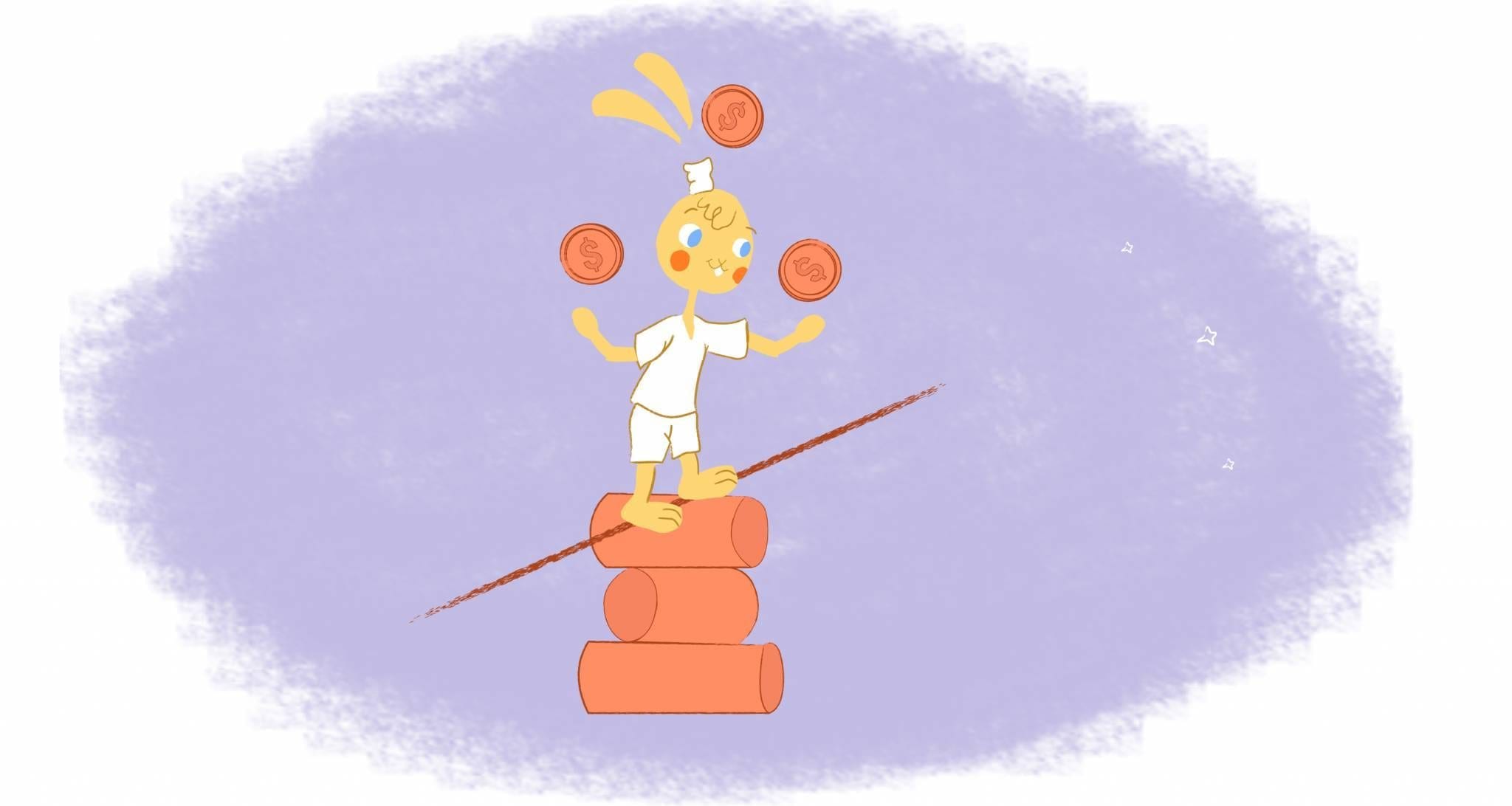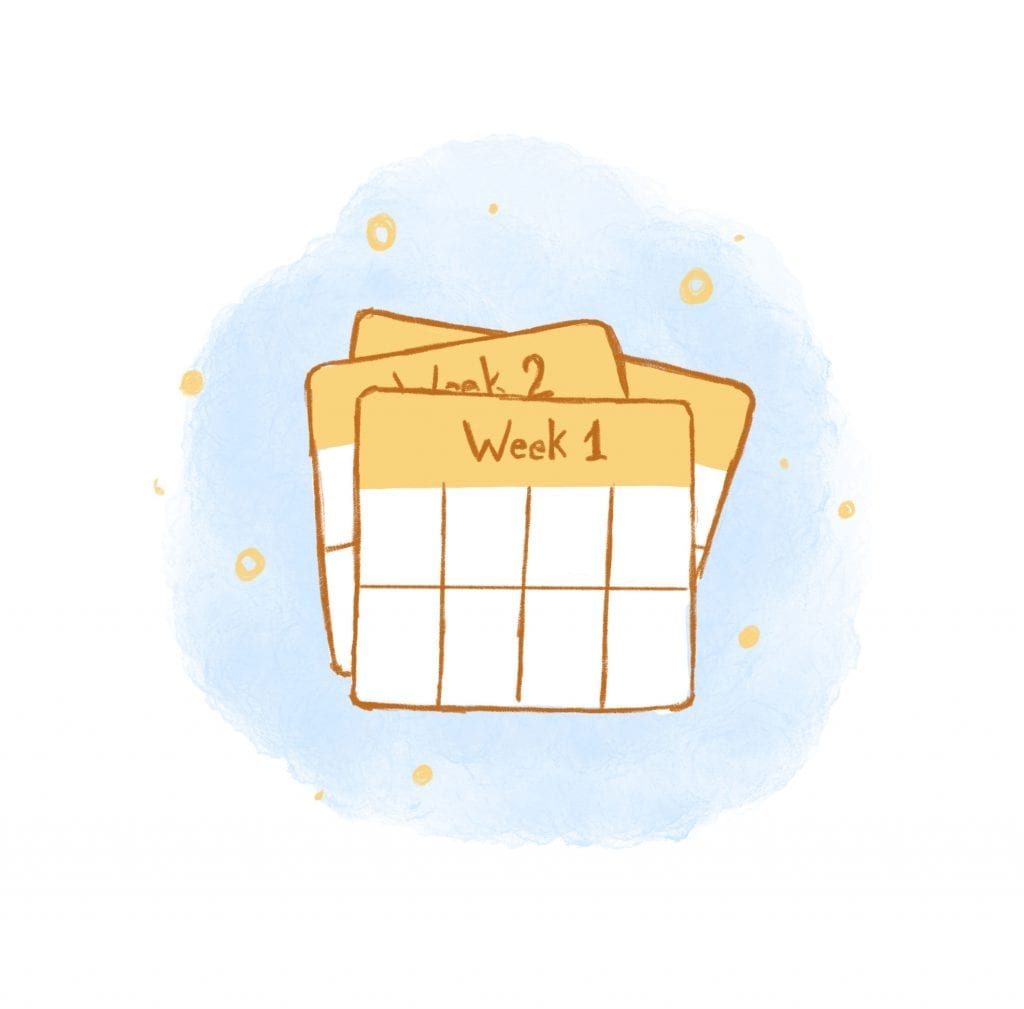

I don’t know if you caught it. But, I was pleasantly thrilled to see that David Byrne, who you may recall, was the frontman of Talking Heads, was the musical guest on Saturday Night Live on February 29, 2020. As a fan of his music, and the fact that the show was hosted by John Mulaney, I was definitely tuning in. Here is the art of better performance.
What fascinated me was that Bryne, like so many other musicians, is finding ways to update, improve, or reinterpret their songs and performances. In this case, I’m talking about the Talking Heads classic “Once in a Lifetime.” At its core, it was still the same sone. But, as clever commenters on YouTube best described it, it was like watching a rock ‘n’ roll TED Talk.
After watching this performance, which you should do if you haven’t, I got to thinking. Whether you’re David Byrne, an entrepreneur, or just joining the rat race, there’s an art to improving your performance. And, to reiterate that, here’s what performance artist JAŠA told Artspace on how you can become and make it as an artist — along with my own opinions on how you can improve your performance at work.
Start small to grow big.
“To grow as an artist, you need a period in which you close yourself into something tiny, to crack something, and only then try to get freer,” said JAŠA. “It’s impossible to go the other way around because it would be too much to handle at any moment,” he added. “Work your way through, and then you can start opening up.”
Or, as Desmund Tutu once said, “there is only one way to eat an elephant: a bite at a time.”
So, what should the first bite be? It should be identifying your goals and priorities. But, that in itself, can also be a problem when they’re too ambitious and broad. Instead, break things down into more specific and manageable chunks.
One of the most effective ways to achieve this is by using the SMART goal formula. As Choncé Maddox writes in a previous Calednar article, this is an “acronym to describe goals that are Specific, Measurable, Achievable, Relevant and Time-Bound.” For example, saying that you want to improve your performance is too unclear and overwhelming. The better choice would be setting a goal like learning about a new AI-enabled tool by the end of the month.
Find your shtick.
“You need a basic discipline. I always say that I’m a painter, and I’ll never cease to be a painter,” said JAŠA. “It’s my way of thinking. Which doesn’t mean that I’m thinking about performance and applying knowledge gained from painting.”
Despite the fact there are different rules between various arts, the creative process remains the same for JAŠA. “Everything that happens in-between, all the phases, staying there, endurance, not cheating yourself, how easy it is to lose something you’ve just accomplished …it’s the same discipline for me, regardless of the project,” he said. “You need a rhythm to work your way through. This is how I teach, in a very active, painterly class.”
Like identifying your goals, pinpoint exactly what your strengths and weaknesses ae. Find your passion and purpose. And, learn how to apply these in various areas. For example, learning a new language can help improve your listening and social skills, memory, and enhance your ability to study.
The most challenging part of this for most of us is being honest with ourselves and finding your purpose. Soliciting feedback from those you trust is a starting on where we can improve.
As for your passion, you don’t always need to find an answer right away. Through his research, for his book “The Art of Performance,” Jeroen De Flander found that just “putting in the effort of looking for meaning already has a positive impact on our performance.” However, he adds that when you do want to find your purpose, it involves how you contribute to the well-being of others and having a sense of belonging.
Just get started.
“I always fought against this idea that you need to be new, you need to invent something,” JAŠA said. “We all know that’s impossible and useless.”
What’s more, from my experience, a lot of us get paralyzed by things like fear and perfection. Both, as JAŠA would say, are “impossible and useless.” The solution? Take that first step. If you fail, so what. Use it as a learning experience. As for waiting for the perfect time or perfecting a product, service, or skill? It’s never going to happen. Besides, like art, it’s a process that can be improved upon.
But, how can you realistically get started on improving your performance? Well, Howie Jones, in another Calendar piece, suggests that you being with a plan, which I hope you’re already done. After that, put the tasks that will help you reach your goals into your calendar so that you’re committed to them.
Next, get in the zone by working when you’re most productive and eliminating distractions. And, finally, set time limits and practice a little self-forgiveness.
Run with it.
“I had a hunch, or something comes to me, or there’s an urge, which is usually because I’m working on something else, and then this small constellation forms around your head,” JAŠA said of how his latest project, The Relation, came to him. “This tiny idea that you let flow. Then something crashes in an illogical way, and you let that crash resonate in your head. Then this crash comes back to you and becomes an urgency.”
“When I feel that, then I need to be proactive,” he added. “If I leave that urgency, it will fade away. I need to react to the urgency to grasp it, to start understanding what it is, but not over-rationalize it too quickly.” If not, that will “kill the drive that it has.”
When you have a similar feeling, make it a priority. Add it to your calendar to avoid scheduling conflicts and multitasking. And, most importantly, follow through with it until it’s finished. As author Neil Gaiman once wrote, “Whatever it takes to finish things, finish. You will learn more from a glorious failure than you ever will from something you never finished.”
Hang out with other artists.
JAŠA, quoting a New York critic, said that “there’s something magical that happens when you guys, you artists go out and spend time with each other.” It’s true. Think about the times when you’re brainstorming ideas with a colleague. If you’re bouncing ideas off each other, don’t they just seem to flow out of both of you? Even better, the ideas are more innovative and detailed since the other person is bringing out the best in you.
But, you don’t need to turn to just your co-workers. Find inspiration from any member of your support system. It could be your spouse, mentor, best friend, or even customers. Ask for their advice and feedback. Run ideas by them. Or, just turn to them when you need help dealing with your doubts.
If you’re feeling unmotivated, then you could do something as simple as changing up where you work. This is must true when working by yourself at home. Instead of trying to fight through this, get out of your home and work somewhere like a coworking space. Being surrounded by motivated people may kick you into high gear.
But don’t stop there. Occasionally step away from work to network. Whether if it’s attending an industry event or going on vacation, this exposes you to new ideas and experiences that you can use to better your own performance.
Unleash your inner rock star.
“There’s a reason ‘performance’ is used for musicians and a specific type of artist,” said JAŠA. “The one who thrives on an audience, who wishes to be in the midst of the art experience, not lurking in the shadows while others engage. This is why every successful performance artist must have a little rock star inside them.”
To me, that means being in the moment so that you can enjoy the process. Furthermore, as Rob Asghar writes in Forbes, rock stars “aren’t naturally any more confident or charismatic than anyone else.” However, they’ve learned “to push through it, till the charisma and strong sense of self eventually start to ooze out of their pores.”
Asghar adds that rock stars have thick skin and are willing to go on stage whether they’re cheered, ignored or booed. He also writes that rock stars aren’t better singers then you are. They’re just louder. And, my personal favorite, they don’t erase their quirks. They double down on them because it’s what makes them unique.
“So turn the volume up to 10 in your career, then break the knob off,” Asghar recommends. “If you fail, you won’t get any points for failing quietly.”











Albert Costill
My name is Albert Costill and I'm a content marketer at Calendar. If I can help people become more productive in my journey, even better. If you ever have a question about your Calendar or how you can use it - - don't hesitate to reach out. I'm a Calendar Pro.